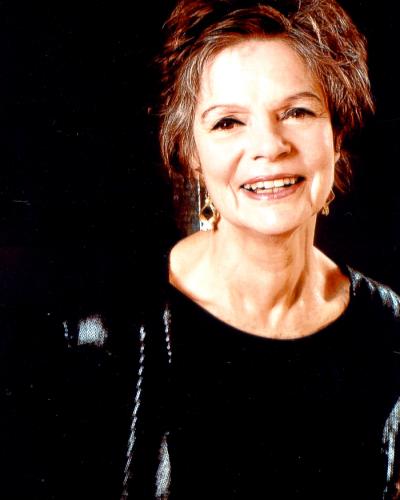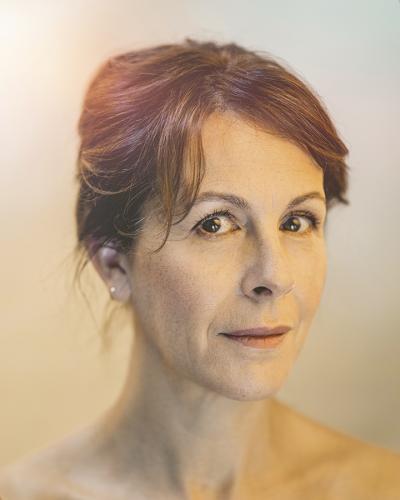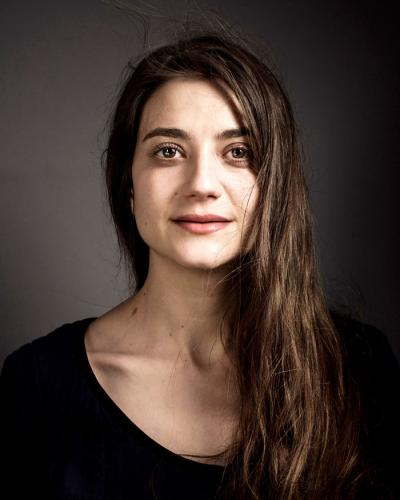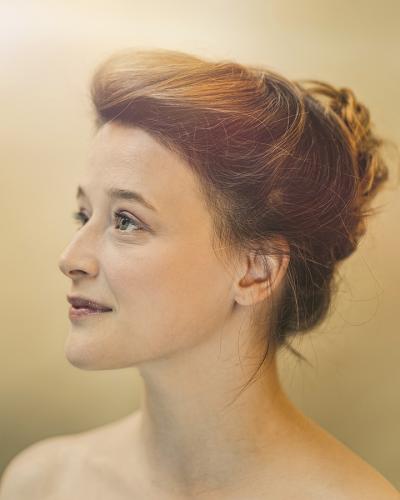La Double Inconstance
The Double Inconstancy
by Marivaux
Directed by Anne Kessler
Richelieu
Richelieu
La Double Inconstance
2014-11-29 00:00:00 2015-03-01 00:00:00
Silvia and Harlequin share a pure love, but the Prince has set his sights on the young village girl.
He has her kidnapped and taken back to his palace, where he has Flaminia scheme to ensnare the lovers in a double inconstancy. Step by step, the lovers are drawn into a skilfully orchestrated charade without ever realising that they are the actors, or the puppets, of the events. Silvia is seduced by an officer who proves to be the Prince while Harlequin falls under the spell of Flaminia’s words. One couple comes unravelled and two new ones form in its place. Love, once thought eternal, gives way to fleeting pleasure. The rural, rustic, poor and powerless villagers cannot resist the corruption of the court, coquetry, wealth and honours. The inconstancy and instability of the world contaminate those who believe themselves true to their emotions and merely spectators to this imbalance without being part of it.
Marivaux, the author
Marivaux (1688-1763) staged The Double Inconstancy at the Théâtre Italien in 1723. At 35, he was a journalist and author, known for several plays and novels. The Comédie-Italienne had already successfully staged three of his plays, including The Surprise of Love, while his first tragedy, Annibal, failed at the Comédie-Française. The Double Inconstancy was the subject of a detailed account in the Mercure, which shows that the version we are familiar with today differs from the one performed for the first production. The “metaphysics of the heart” struck contemporaries more than the representation of social relations. The performance of the actress Silvia, Marivaux’s muse, was largely responsible for the success of the play that remained a fixture of the Italiens’ repertoire until 1757, at which point it disappeared totally from the stage for a century and a half. The Comédie-Française introducted it into the repertoire in 1934.
Anne Kessler, the director
Anne Kessler, a sociétaire of the Comédie-Française, has directed Grief(s) and Trois hommes dans un salon at the Studio-Théâtre, Guy Zilberstein’s The Drowned and Dark Cuts at the Théâtre du Vieux-Colombier, as well as Daniel Keyes’ Flowers for Algernon (Best private theatre production at the 2013 Palmarès du Théâtre awards). For her first staging in the Salle Richelieu, she is presenting The Double Inconstancy, a play of contrasts, both bright and dark, and joyfully tragic. For Anne Kessler, Marivaux’s theatre imparts a feeling of exhilarating virtuosity in the actor, the experience of a heightened sensitivity, especially in this play that abandons the characters to an experiment with feelings. A production for which Anne Kessler wishes to emphasise the special relationship the audience has with the proscenium theatre, a close and intimate relationship with the work of Marivaux.
2h15 without interval

Creative team
Mise en scène : Anne Kessler
Assistanat à la mise en scène : Gabriel Tur
Dramaturgie : Guy Zilberstein
Scénographie : Jacques Gabel
Costumes : Renato Bianchi
Lumières : Arnaud Jung
Réalisation sonore et vidéo : Nicolas Faguet
Travail chorégraphique : Glysleïn Lefever
Maquillages : Véronique Nguyen
Coiffures : Cécile Gentilin
Distribution
the company
The Comédie-Française Academy
-
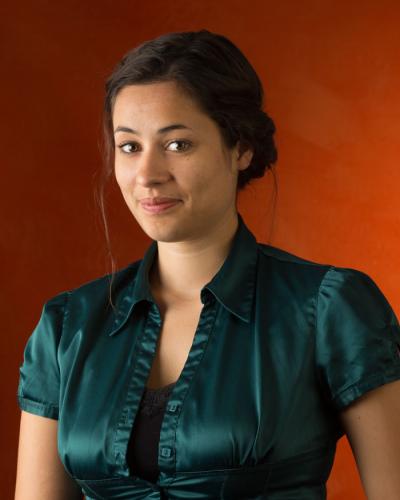
Claire
Boust -

Ewen
Crovella -
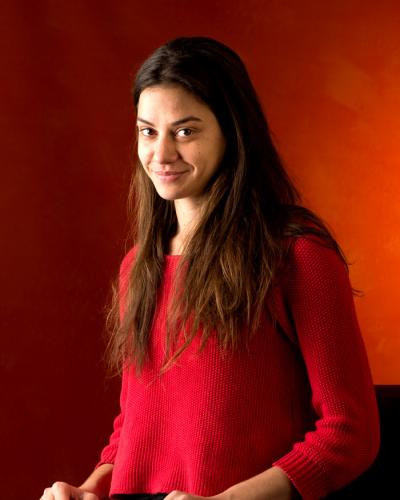
Charlotte
Fermand -

Thomas
Guené -
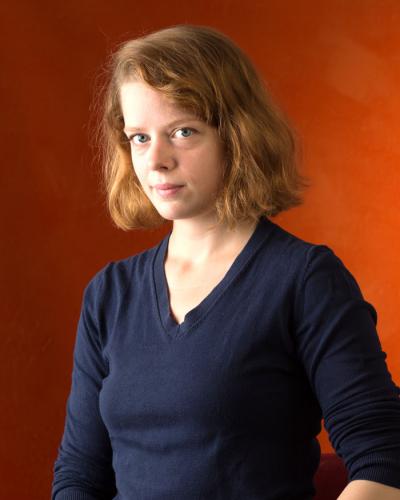
Solenn
Louër -

Valentin
Rolland
